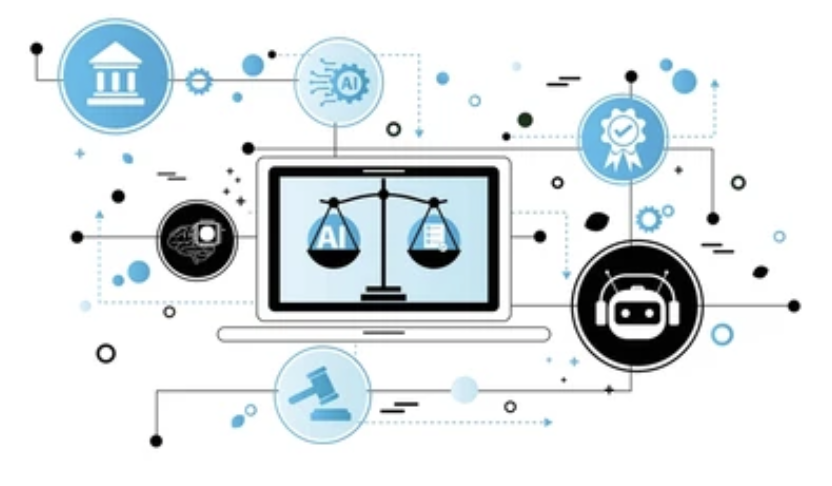


LONDON -
Western misconceptions of China
Most people in the West simply do not know enough about China’s current and future role in artificial intelligence (AI). Some think its companies just copy their Western counterparts, while others think it should not be trusted. However, both of these views are incorrect: The reality is much more nuanced.
One notable expert who has been trying to provide a more accurate picture of China and AI in recent years is Jeffrey Ding, author of the influential newsletter ChinAI. Ding is an assistant professor of Political Science at George Washington University in Washington, DC - having previously earned a PhD at the University of Oxford - and has spent some time with the Future of Humanity Institute there.
The Thucydides Trap
According to a theory in international relations known as the Thucydides Trap, the mere existence of a rising new power is likely to lead to conflict with an established power. It is named after the Greek historian who suggested that the rise of Athens meant war with Sparta was inevitable. The entire world must hope that the United States and China - the rising power - can avoid falling into this trap, as the consequences would be disastrous.
Measuring the extent of any country’s AI capabilities can be difficult because organizations often do not report this separately. This can be seen in the fact that something like the value created by an AI system optimizing the routing of a company’s drivers or monitoring the quality of goods on a production line would generally be reported as part of a country’s manufacturing industry, not its AI industry.
Similarly, measuring the level of deployment of AI is also hard because it is still fairly low in all countries, including th
The content herein is subject to copyright by The Yuan. All rights reserved. The content of the services is owned or licensed to The Yuan. Such content from The Yuan may be shared and reprinted but must clearly identify The Yuan as its original source. Content from a third-party copyright holder identified in the copyright notice contained in such third party’s content appearing in The Yuan must likewise be clearly labeled as such. Continue with Linkedin
Continue with Linkedin
 Continue with Google
Continue with Google









 1265 views
1265 views








